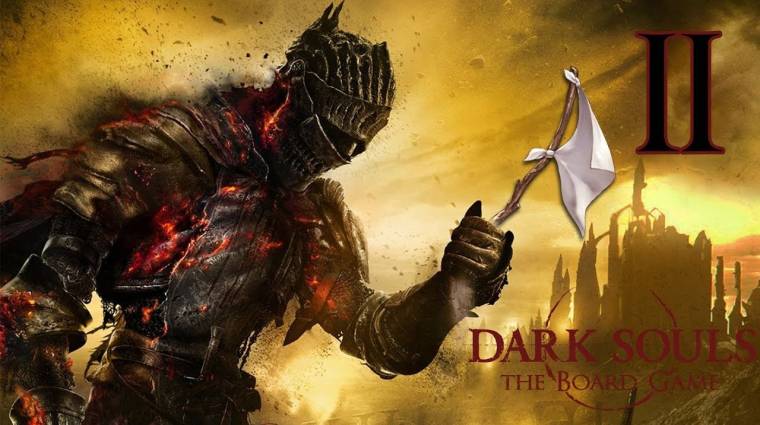
You can find those contemporary trappings all over the Restoration archive. "We say, 'Let's make a modern board game using those touchstones.'" When people remember Stop Thief, they're not focused on rolling and moving," says Jacobson, who implemented a far more modern card-driven locomotive system. What are the touchstones? What do people remember when they say, 'Oh, I love that game!' They're thinking about some core aspect. So, with a few smart updates, this Parker Brothers antique was ready for the hobbyists. That simply wasn't going to fly in a realm of Power Grid, Dominion, and Scythe. Jacobson notes that Stop Thief was a roll-and-move game-à la Monopoly-when it was released in the ’70s. No, Restoration is happy to rip some mechanics out by the studs, and drizzle in lots of cosmopolitan thinking around the margins.

This isn't a company that exclusively releases old board games in their native form, with all of the sticky inefficiencies and outmoded oversights one would expect out of a vintage, pre-Catan tabletop ecosystem. Jacobson and Daviau are nostalgists, but they aren't purists. Once all of those contractual bona fides are in place, Restoration breaks ground on their remaster. "And it worked out fine." The handover was complete, and the legacy was secure. After Indulgence was published, one of D'Arcey's sons got in touch with Restoration. Jacobson had a difficult time reaching D'Arcey's inheritors, so he set aside a royalty fund in his family's name, just in case. That was the case with Indulgence, a trick-taking game invented by Jerry D'Arcey in 1966, which Restoration republished in 2017.

Sometimes, says Jacobson, those designers have died in the intervening decades. Once Restoration is in touch, these veteran board game architects are usually overjoyed that a publisher wants to breathe new life into their work.
/cdn.vox-cdn.com/uploads/chorus_image/image/49352287/dark_souls_3.0.0.jpg)
"Even if we don't have a legal obligation to compensate some of these designers, we do it anyway, because it's the right thing to do," he says. The first thing Jacobson does when taking on a new project at Restoration is to try and contact the original designer. That's one of the advantages of having an attorney on staff at a tabletop company-there's at least someone in the room who can parse the arcane language of licensing, authorship, and royalties when dredging up a board game from the abyss. None of this would be possible without a lot of juridical spelunking.


 0 kommentar(er)
0 kommentar(er)
